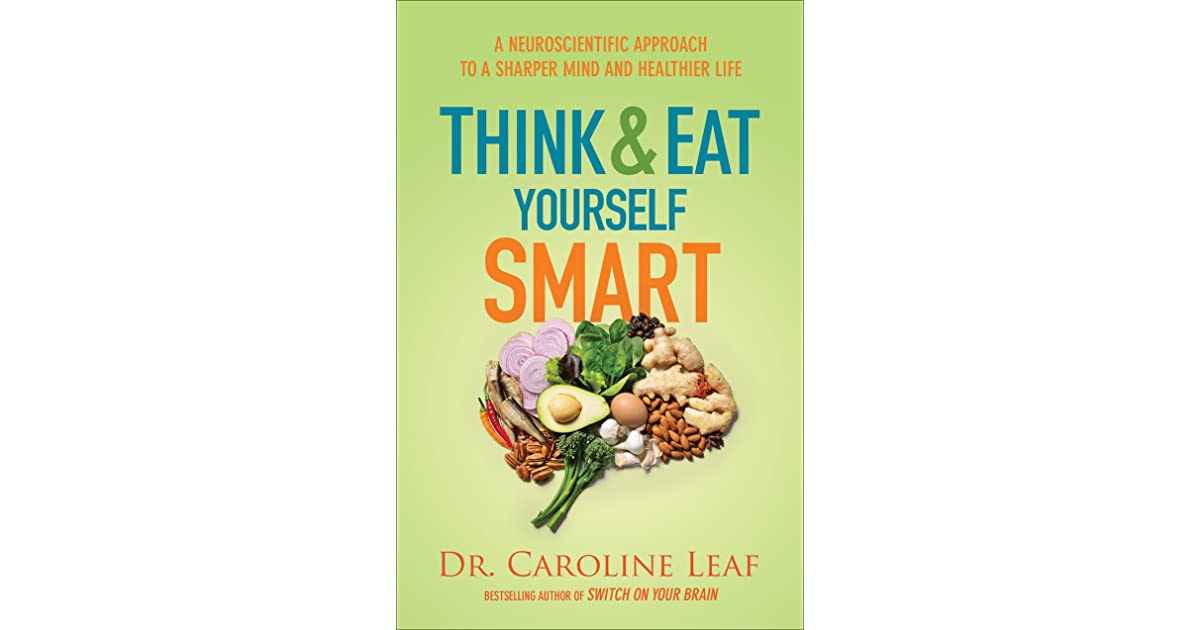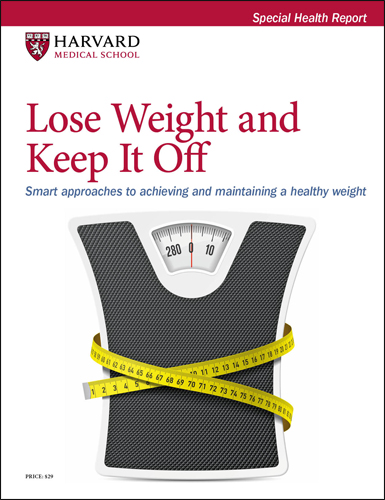
If you are interested in learning how to stop bad habits from becoming a habit, then you have come to the right place. Here are three simple strategies you can use to start reprogramming your brain. Once you identify the triggers of your bad habit, positive rewards can be identified that are more rewarding than the one you get for engaging in it. And finally, learn to develop a new habit! So, what exactly are these three steps?
Identify your triggers
To kick bad habits, it is important to identify your triggers for changing sex. It can be hard to change bad habits as they can be triggered in many different ways. Potential triggers include reward, socializing, and time of day. You can avoid these triggers and make them less likely.

Awareness is the first step in breaking bad habits. It is possible to take steps against bad habits once you have identified the reasons behind them. If you find yourself eating lots of junk food during exam times, you can try to avoid those situations or take a more relaxing approach. It is possible to replace unhealthy habits with more positive ones. If you are an alcoholic, you might want to try identifying the things you do when you are stressed.
Mindfulness practices
Awareness is the first step towards changing a bad habit. Some bad habits can be easily identified, but others require some time to recognize. It is vital to identify the causes and triggers of these behaviors. Once you've identified the causes of these behaviors, start practicing mindfulness by writing them down. These factors will help you to reprogram the habits you have.
Mindfulness can help you break habits. When you are aware of your triggers, it is possible to choose which behavior you would like to replace the habit. Next, observe how you feel when you do the behavior. If the behavior makes you feel happier, it's a success. You can still practice mindfulness when you are in stressful situations if you have trouble changing bad habits.
Find rewards that are more rewarding than the reward for your bad habits
It is possible to feel compelled by Diet Mountain Dew every day. You need to find out what triggers it and then reward yourself with a better reward. An apple might be a better reward if you haven't been able to kick the habit. If this doesn't work, you can try other types of beverages. A good reward can help you overcome your bad habit and achieve your desired result.

Identifying your bad habits can be difficult, but by following these tips, you'll be well on your way to breaking them forever. Any bad habit that holds you back or causes guilt will be broken. Write down the first three thoughts you have when you are at your desk. These thoughts can be either random or emotionally charged, or could reflect your feelings.
Develop a new habit
It takes dedication and perseverance to develop a new habit that will help you change your 'bad' habits. Experts agree that there is no magic bullet, but consistent practice and commitment can lead to positive change. A routine is key to long-term success. Habits are a pattern of repeated behaviors that are performed without any conscious thought. To make a habit stick, it is important to establish a routine.
Next is to identify the cue or reward for the new behavior. For instance, the man who bought the cookie replaced the cue with finding a friend in the office. While the reward and cue remained the same the routine was modified. Next, you need to identify the reward cue and reward.
FAQ
How long do I need to fast for weight loss?
The answer is not as simple as you might think. When determining the number of days you should fast for optimal fat reduction, there are many factors to consider. These are:
-
Your age. Your age. Intermittent fasting is more difficult for younger people under 40. You have less time to recover each day from fasting. However, intermittent fasting may be too difficult for older people (over 60) who might not have the energy to continue a long period of daily fasting.
-
Your current body composition. A longer period of fasting is more beneficial for those with a lot of muscle mass. You may find shorter fasting more beneficial if your muscle mass is low.
-
How physically active are you. To ensure adequate rest between workouts, you might need to extend your fasting period if you exercise frequently.
-
Your medical history. People with heart disease, diabetes, and cancer may require extra fasting monitoring.
-
How do stress and anxiety affect you? Stress can cause us to eat more. You may need to extend your fasting times in order to avoid this problem.
-
What type of diet do you follow? Certain diets, like ketogenic diets, may require even longer fasting periods.
-
The quality of sleep you receive. Insufficient sleep has been associated with decreased metabolism and increased appetite. It might take some time to find what works best for your needs.
-
Your daily intake of protein. A higher intake of protein may result in lower blood sugar levels. This would allow you be more consistent in your fasting.
-
It doesn't matter if you want to gain or lose fat, those who are trying for weight gain will often require longer fasting periods.
-
How many calories did you consume during your fasting period? Fasting for fewer calories a day can result in more fat loss than fasting to eat more calories a day.
-
Your overall fitness level. Fasters who are very fit tend to have higher metabolic rates, which allows them to burn more calories throughout the day.
-
Your gender. Men have greater appetites than women and may need to fast longer. Women tend to have smaller appetites so they might only need to fast for 20-30 minutes each morning.
-
Your lifestyle. Do you get enough physical activity? Do you workout several times each week? Do you have a job that requires you to sit at a desk all the time? These factors can impact how fast you should be moving.
-
How much do you spend per month on food? It doesn't always mean that you should spend a lot of money on groceries if you eat healthy foods. Whole grains can be substituted for white bread, whole fruits can be purchased instead of candy bars and lean meats over fatty cuts.
-
It's important to manage your hunger. If you don't want to skip meals, you might not need to fast as long as other people do.
Are there side effects to intermittent fasting
Intermittent fasting doesn't have any known side effect. If you don't plan well, you may experience minor issues.
If you skip breakfast, for example, you may feel constantly irritable. Headaches, dizziness, fatigue and muscle cramps are all possible.
These symptoms are usually gone within a few days.
Can I eat fruits during intermittent fasting?
The health benefits of fruits are numerous. They contain vitamins, minerals, fiber and antioxidants. However, they do contain sugar which can cause blood glucose levels spike. This can lead insulin resistance and weight increase. If you're looking to lose weight with an IF diet then you should choose fruits that are low in glycemic.
What should I eat during intermittent fasting to lose weight?
Cut out carbs to lose weight. This means eliminating carbohydrate-based foods such as pasta, bread, rice, potatoes, or other carbohydrate food.
It is important to eat less protein, as it will keep you fuller longer. You won't feel as hungry.
Instead, focus on foods that contain healthy fats, such as olive oil, avocado, nuts, and seeds. These foods keep you satisfied even after hours of eating.
It is important to drink enough water. Water helps you stay hydrated, which makes it easier to burn fat.
Sometimes you may feel compelled to eat these foods even if you're not fasting. This doesn't mean that you must give in to your cravings. If you do, you could gain more weight than you lost.
To prevent overeating, try keeping an eye on how much you consume throughout the day. You can sip water instead of reaching out for another snack when hunger strikes.
This may seem counterintuitive. However, it's been shown to help you slim down. One study published in Obesity showed that plain water was more nutritious than sugary drinks.
Additionally, plain water can help reduce hunger pangs. You can lose weight by avoiding sweetened drinks and sticking to water.
Weight loss doesn't require you to restrict your intake of calories or eat less. Instead, make small lifestyle changes.
Try swapping out your usual breakfast sandwich in favor of a bowl o' oatmeal. Consider swapping out your afternoon cookie in favor of a piece if fruit.
These simple swaps can add up over time to help you shed excess weight without spending hours in your kitchen.
Statistics
- Another study found that 24 weeks of weight training led to a 9% increase in metabolic rate among men, which equated to burning approximately 140 more calories per day. (healthline.com)
- According to a study sponsored by the American Council on Exercise, a person weighing around 140 pounds (64 kg) would burn 108 calories at a 30-minute beginner's Pilates class or 168 calories at an advanced class of the same duration (26). (healthline.com)
- According to Harvard Health, it's estimated that a 155-pound (70-kg) person burns roughly 112 calories per 30 minutes of weight training (5). (healthline.com)
- According to Harvard Health, it's estimated that a 155-pound (70-kg) person burns around 167 calories per 30 minutes of walking at a moderate pace of 4 mph (6.4 km/h) (5). (healthline.com)
External Links
How To
How to lose weight quickly and without doing any exercise
The best way to lose weight fast without exercise is to eat fewer calories than you burn. This will encourage your body's ability to use fat stores as energy. You will see some muscle shrinkage if your body doesn't consume enough calories. Although you can lose weight even if you aren't working out, it's likely that you'll lose more muscle mass.
The key to losing weight fast without working out is to reduce your calorie intake. It is common for people to believe that they must cut down on their food intake in an effort to lose weight. In order to lose weight you should eat less calories than you burn. So how much should you eat every day? It all depends upon what type of activity you engage daily. For example, a runner who walks 3 to 5 miles per day would only require 2,500 calories daily. A person who sits at a computer all day would need around 1,600 calories per day. However, someone who exercises regularly (like lifting weights) would require around 2,000 calories daily.
So when you're trying to lose excess pounds, you want to try cutting back on your caloric intake. Many people believe they should consume less food, as they feel they are starving. This is not true. Your body doesn’t care if you’re hungry or full; it simply wants to work properly. It is important to monitor your calorie intake in order to lose extra weight. Many apps online allow you to track calories. These apps include MyFitnessPal and Calorie Counter.